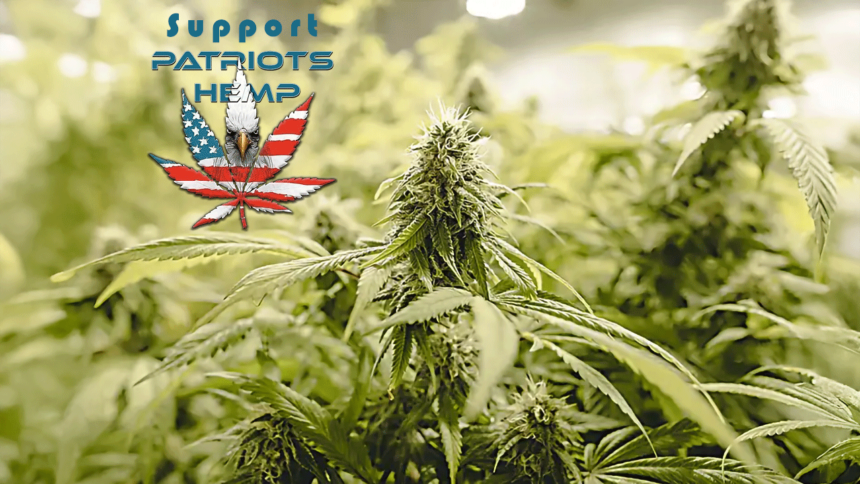Dogs who receive daily doses of CBD see “significant reductions” in stress and anxiety related to car travel, according to a new study.
To investigate the issue, researchers at the Waltham Petcare Science Institute in the United Kingdom compared the behavioral and physiological stress response of dogs who received THC-free cannabis with a placebo group before, during and after drives.
The 20 dogs involved in the study, published in the Journal of Animal Science, all exhibited signs of stress and anxiety when riding in a car—but the canines treated with CBD two hours before taking the trip showed meaningful improvements over a 24-week review period.
Certain measures of stress such as whining and levels of the hormone cortisol in the blood “were significantly influenced by CBD administration,” the study says, “indicating daily dosing at 4mg/kg may have a mild anxiolytic effect on dogs when traveling in a car.”
The placebo group’s stress levels also decreased by the end of the study, suggesting that the dogs became habituated to driving. But the CBD cohort on average had lower post-test cortisol from the onset of the treatment that were sustained.
“Daily dosing of cannabidiol (CBD) demonstrates a positive effect on measures of stress in dogs during repeated exposure to car travel.”
Because cortisol was still present in the blood, the authors said the non-intoxicating cannabinoid didn’t seem to completely eliminate stress, so they posited that CBD is “best used in combination with other interventions, such as behavioral modification therapy, in order to fully alleviate canine stress.”
“These results, combined with the established pharmokinetics of CBD oil to reach peak levels at 1.5 to 2 hours, with a half-life of 1 to 4 hours, suggests CBD could be used efficaciously as a single dose treatment prior to acute stressors,” they said.
“Additional research is warranted to better understand the effect of CBD at other dosages on improving dog emotional wellbeing,” the study, which was conducted by scientists with the pet food and veterinary services company Mars Petcare, concludes.
There’s growing interest in the therapeutic potential of cannabis on pets and other non-human animals, with other studies similarly indicating benefits of CBD such as reduced frequency of seizures among dogs who receive the cannabinoid. Another study published in 2018 found that dogs with arthritis see improvements with CBD treatment.
Also, last August, the U.S. Department of Agriculture (USDA) found that cows that are fed hempseed cake retain very low concentrations of THC and CBD in their bodies, indicating that meat products from hemp-fed cattle are safe for human consumption.
Another federally funded study published in 2022 found that feeding cows hemp reduces their stress. Researchers have also looked into how CBD affects stress and pain in horses.
The Food and Drug Administration (FDA) sent warning letters to a series of businesses marketing CBD products for animals in 2022, cautioning that there’s a “lack of data on what levels of potential residues are safe for a person consuming the foods that come from CBD-treated animals.”
Meanwhile, late last year, the governor of New York vetoed a pair of bills that would have allowed hemp seeds to be included in animal feed for pets, horses and camelids such as llamas and alpacas—citing a lack of information about the safety of such uses, which she wants the state to study in an “expeditious manner.”
Photo courtesy of Pexels.





















